+ Filter
 Loading...
Loading...

CD20 & CD28
Engineered Antibody Products
Antibody Magnetic Beads
AbPlus
Recombinant Antibody Products
Functional Antibody Products
Formats
Anti-CD20 & CD28 Recombinant Antibody Products
- AbPlus™ Anti-CD28 Magnetic Beads (VS-0424-XY52) (VS-0424-XY52)
-
- Target: CD28
- Target Species: Human
- Application: IP, Protein Purification
-
- Target: CD28
- Species Reactivity: Human
- Cytokine 1: IL2
- Host: Mouse
- Cytokine 1 Species: Human
- Molecule Class: IL2-IgG2a
-
- Target: CD28
- Species Reactivity: Human
- Cytokine 1: TNF
- Host: Mouse
- Cytokine 1 Species: Human
- Molecule Class: TNF-IgG2a
-
- Antibody Host: Mouse
- Antibody Reactivity: Human
-
- Species Reactivity: Human
- Type: Mouse IgG1, kappa
- Application: FC
More Infomation
Can't find the products you're looking for? Try to filter in the left sidebar.Filter By Tag
More Infomation
Our customer service representatives are available 24 hours a day, from Monday to Sunday. Contact Us
For Research Use Only. Not For Clinical Use.
This gene encodes a member of the membrane-spanning 4A gene family. Members of this nascent protein family are characterized by common structural features and similar intron/exon splice boundaries and display unique expression patterns among hematopoietic cells and nonlymphoid tissues. This gene encodes a B-lymphocyte surface molecule which plays a role in the development and differentiation of B-cells into plasma cells. This family member is localized to 11q12, among a cluster of family members. Alternative splicing of this gene results in two transcript variants which encode the same protein.
CD28 is a co-stimulatory receptor found on T cells that plays a key role in T-cell activation and survival. It is a transmembrane protein expressed on naïve and activated T cells, binding to B7-1 (CD80) and B7-2 (CD86) on antigen-presenting cells (APCs). This interaction provides the necessary secondary signal for full T-cell activation, alongside T-cell receptor (TCR) engagement with antigen-presenting major histocompatibility complex (MHC). CD28 signaling promotes cytokine production, T-cell proliferation, and survival. In the absence of CD28 signaling, T cells may become anergic (non-responsive). Because of its role in immune regulation, CD28 is a target for therapeutic interventions in autoimmune diseases, transplantation, and cancer immunotherapy.


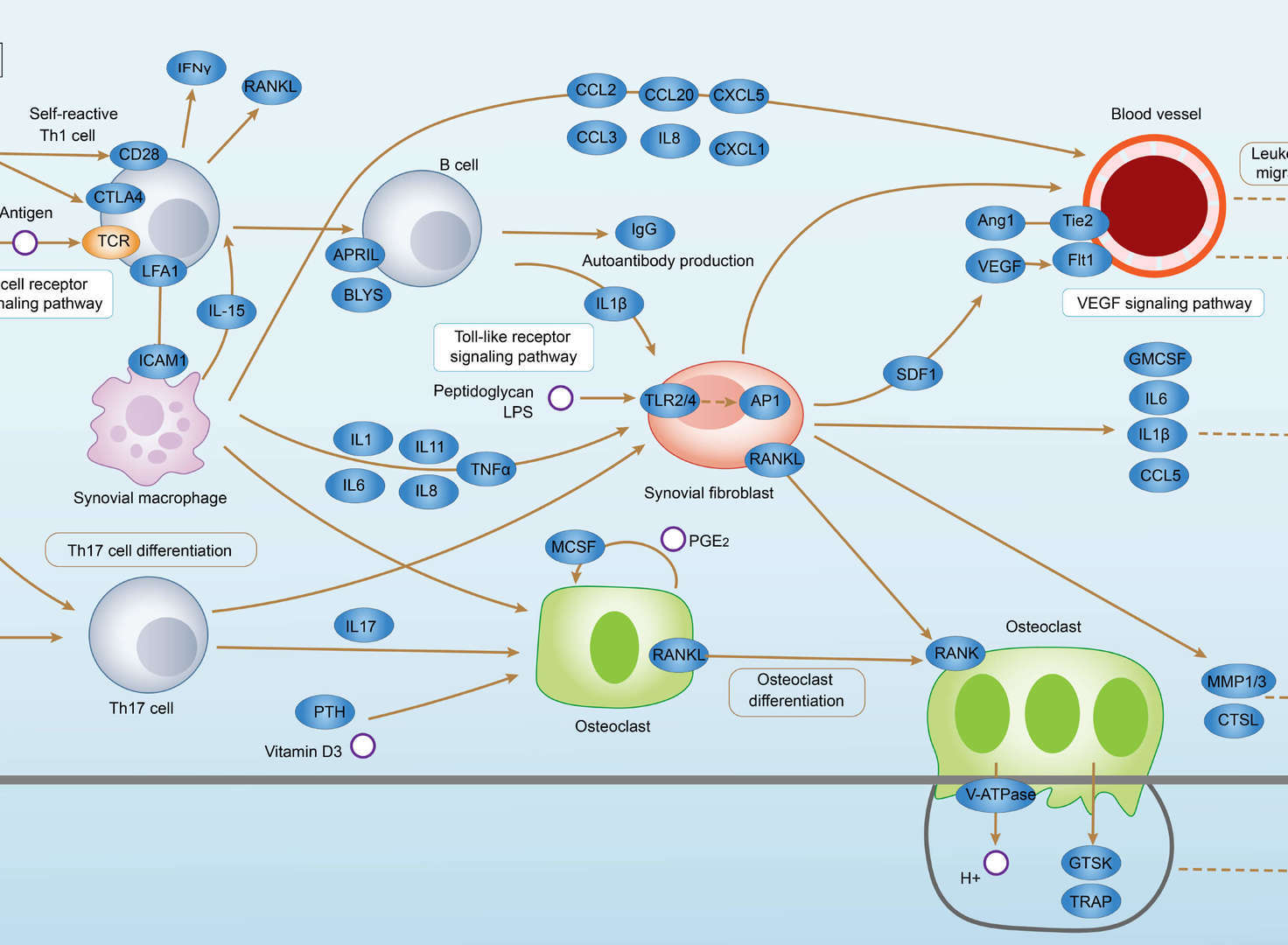 Rheumatoid Arthritis
Rheumatoid Arthritis
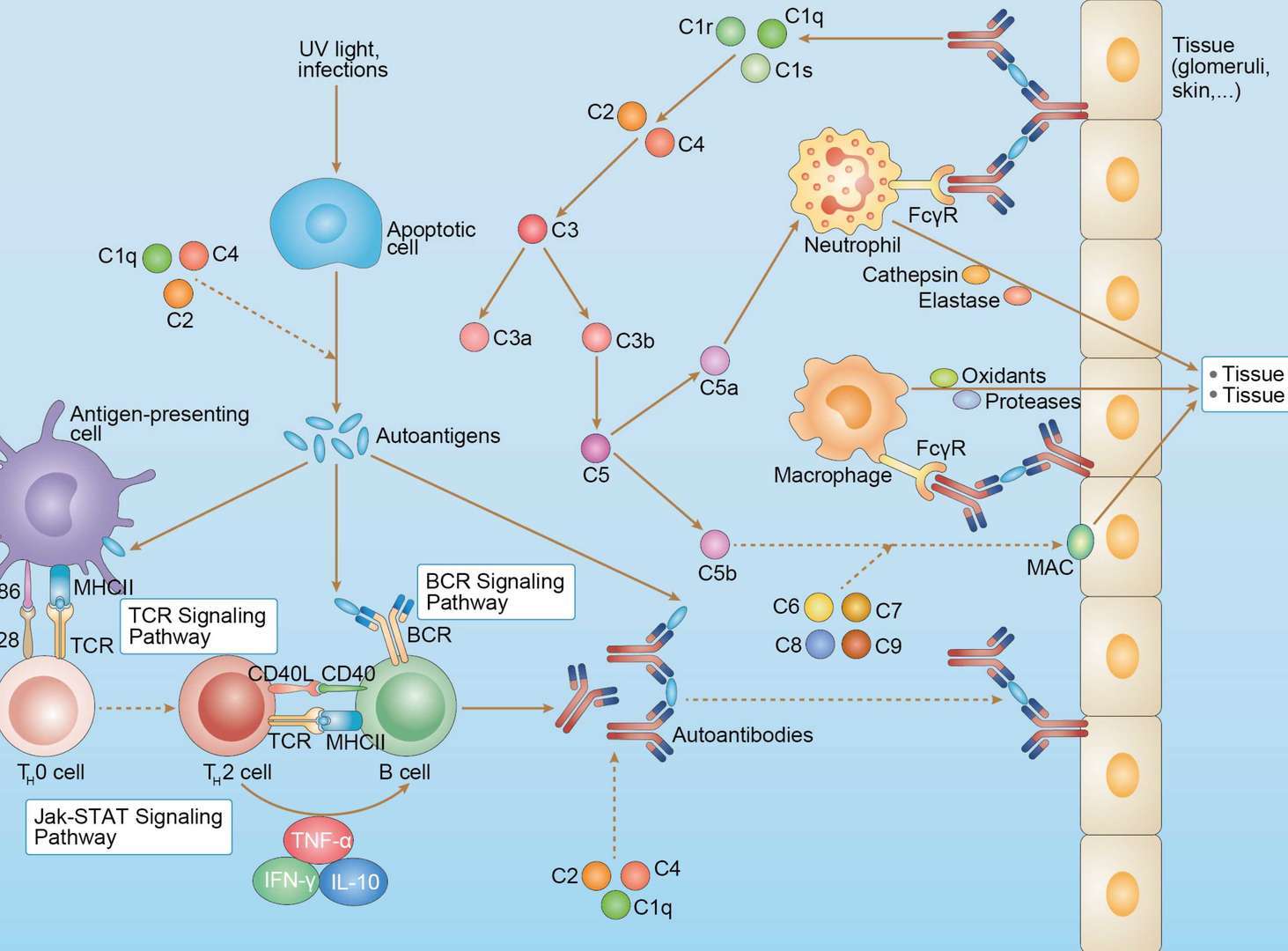 Systemic Lupus Erythematosus
Systemic Lupus Erythematosus
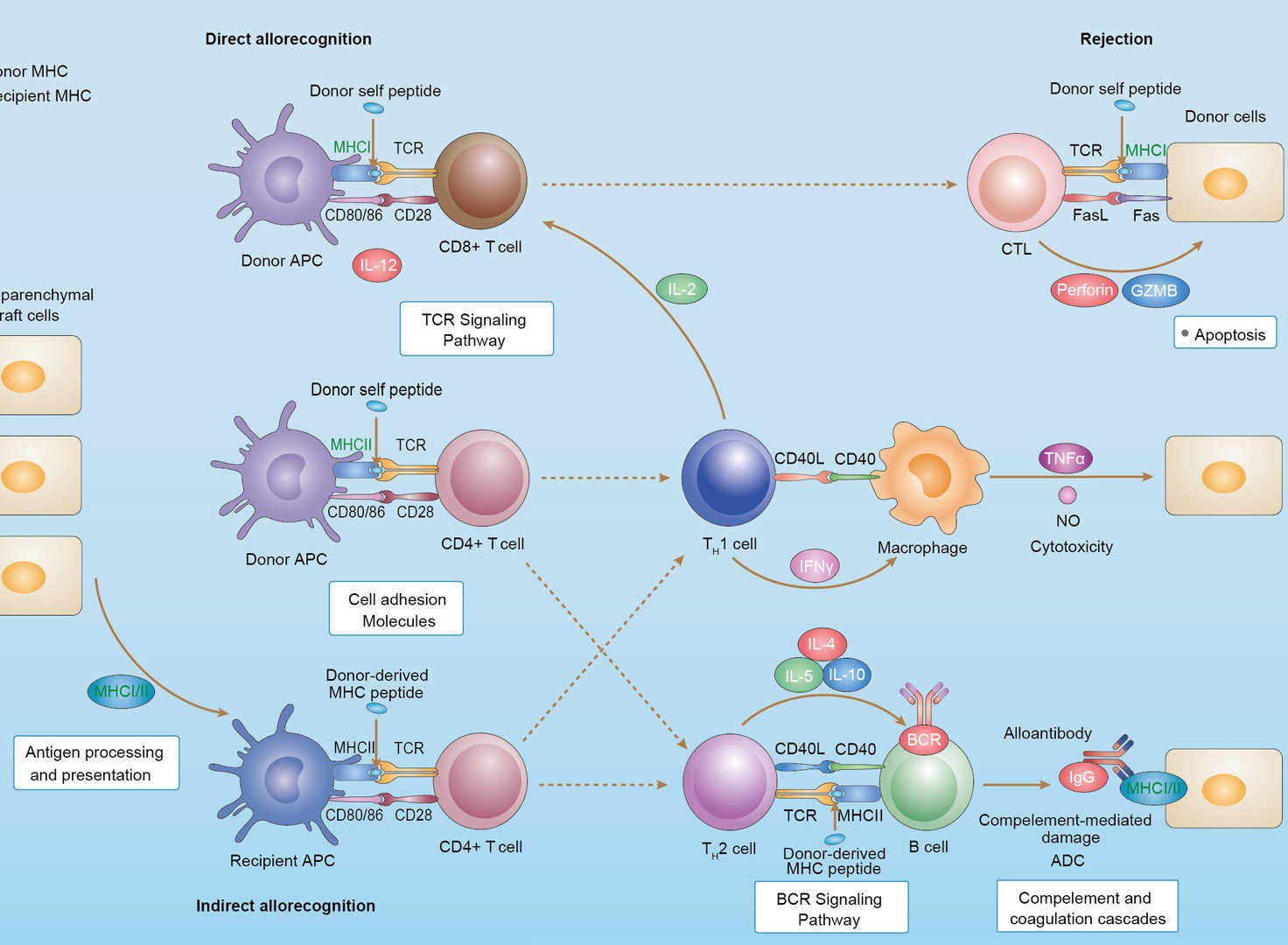 Allograft Rejection
Allograft Rejection
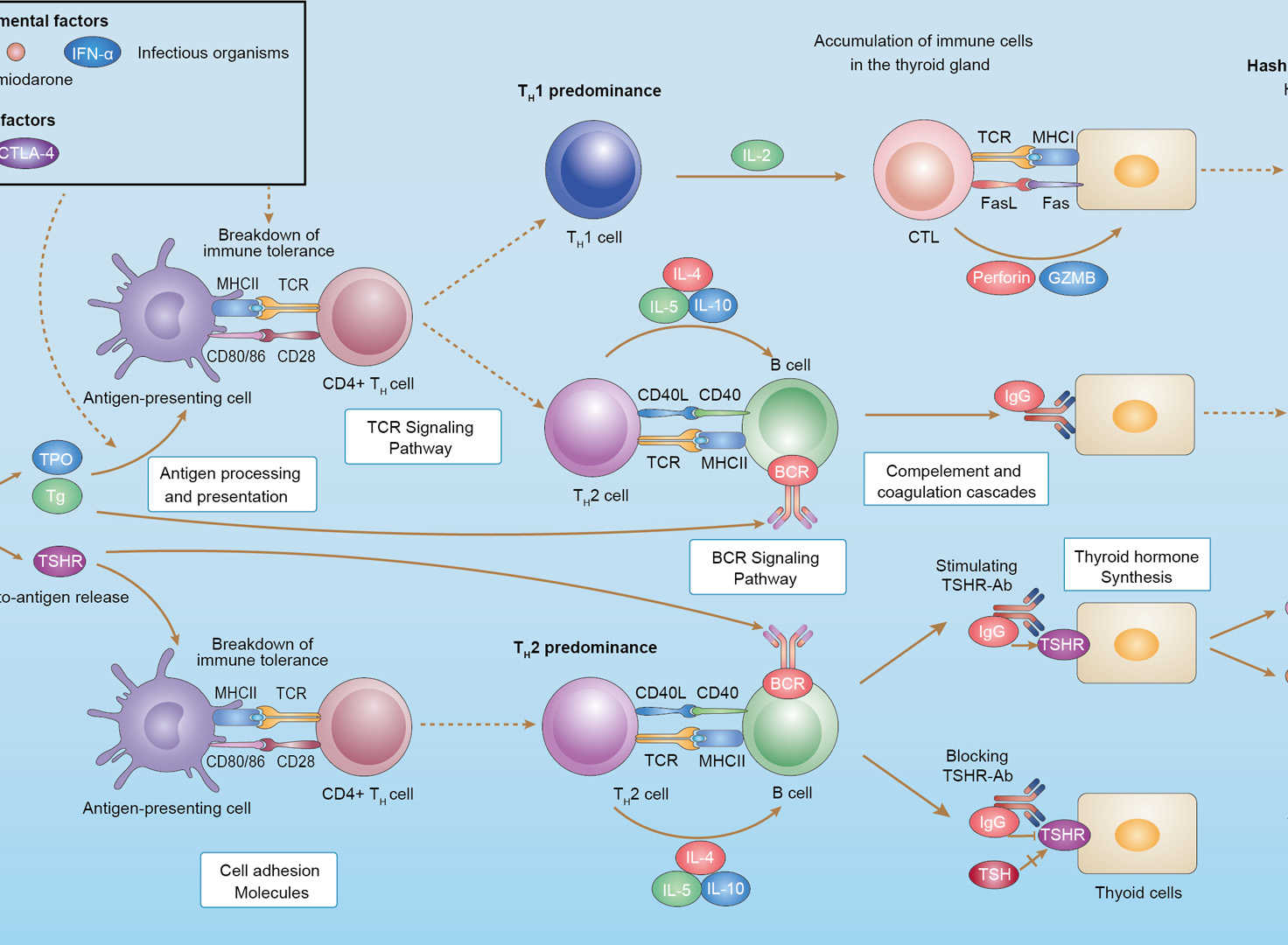 Autoimmune Thyroid Disease
Autoimmune Thyroid Disease
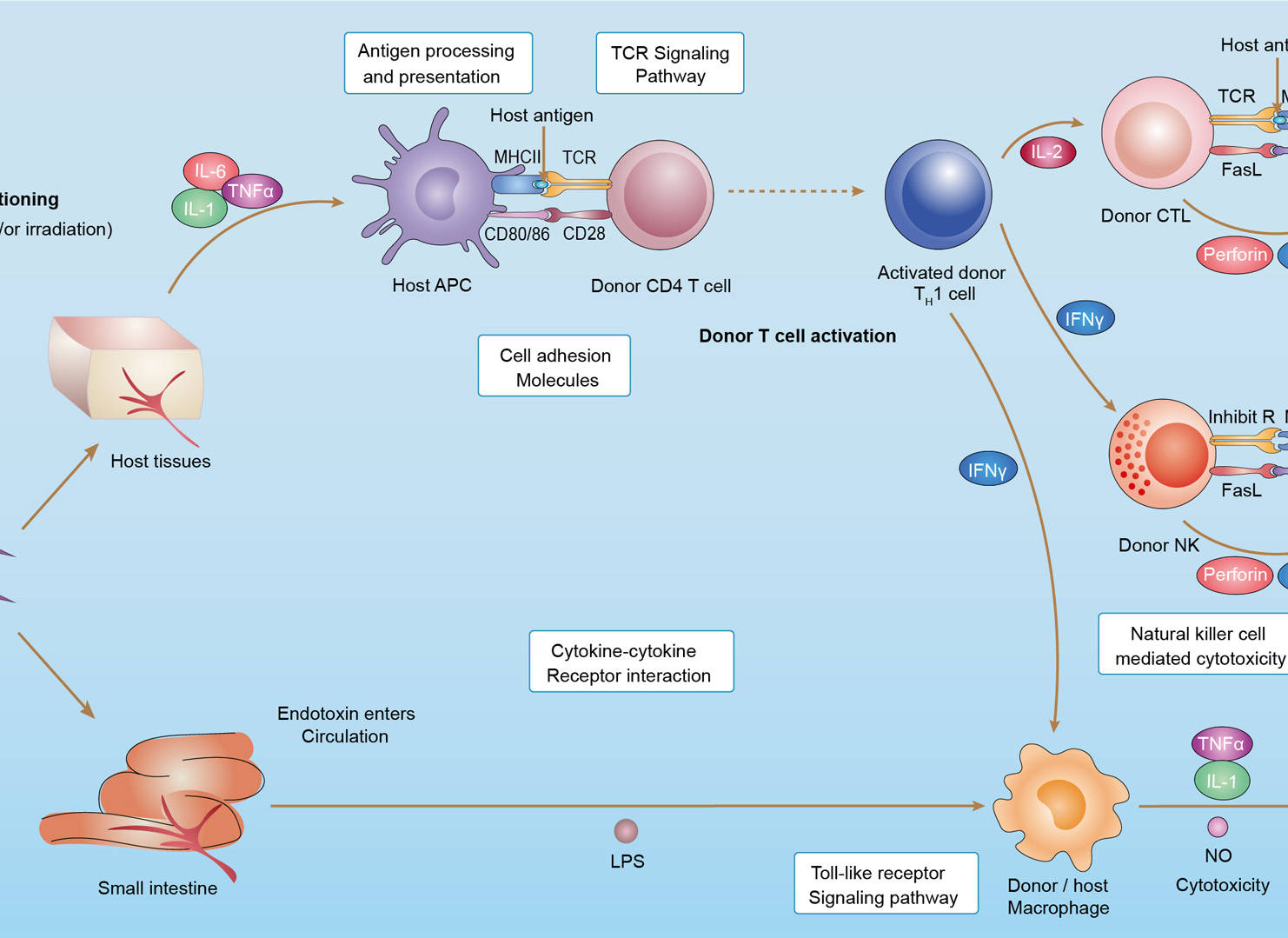 Graft-versus-Host Disease
Graft-versus-Host Disease
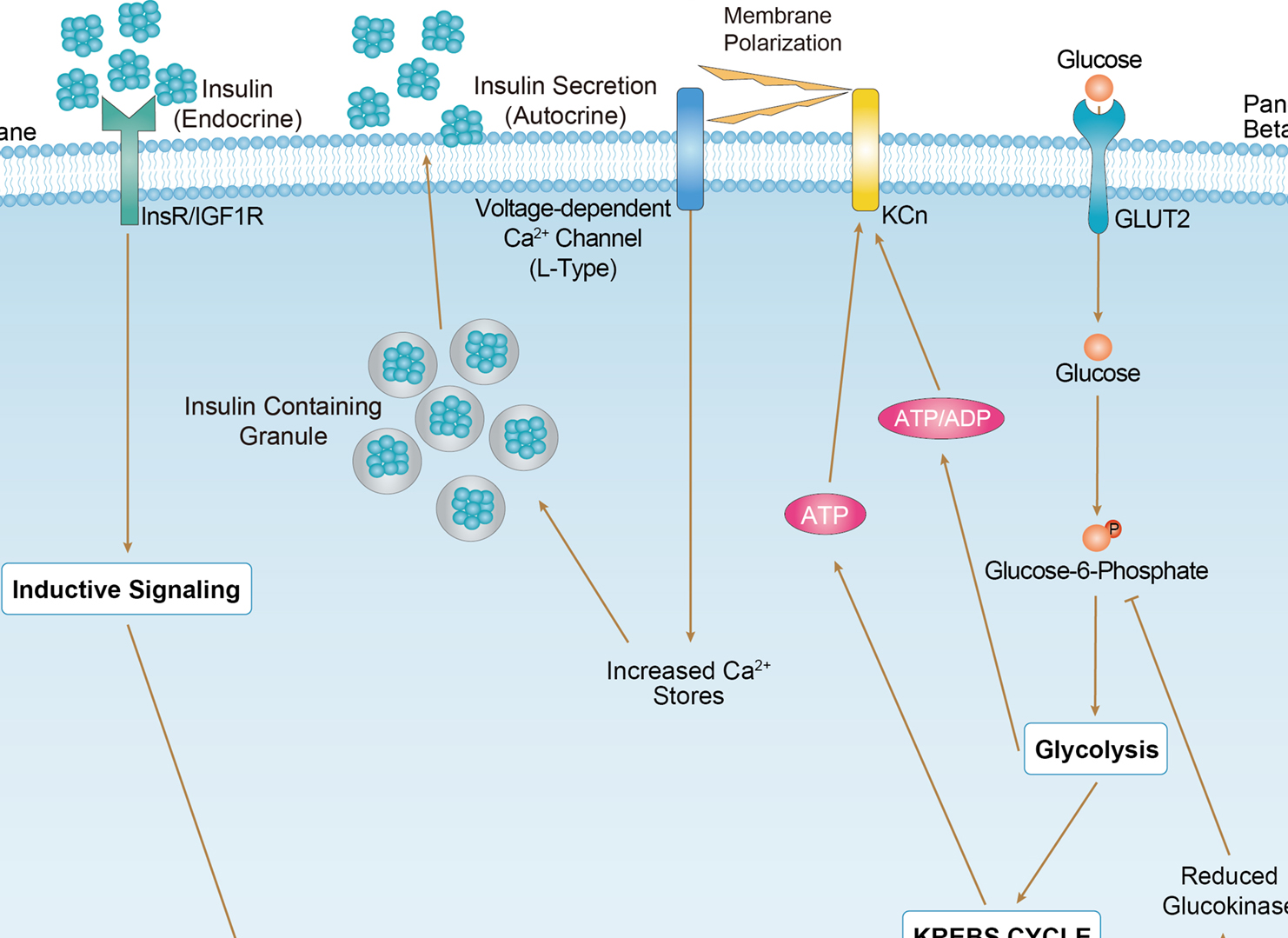 Maturity Onset Diabetes of the Young
Maturity Onset Diabetes of the Young